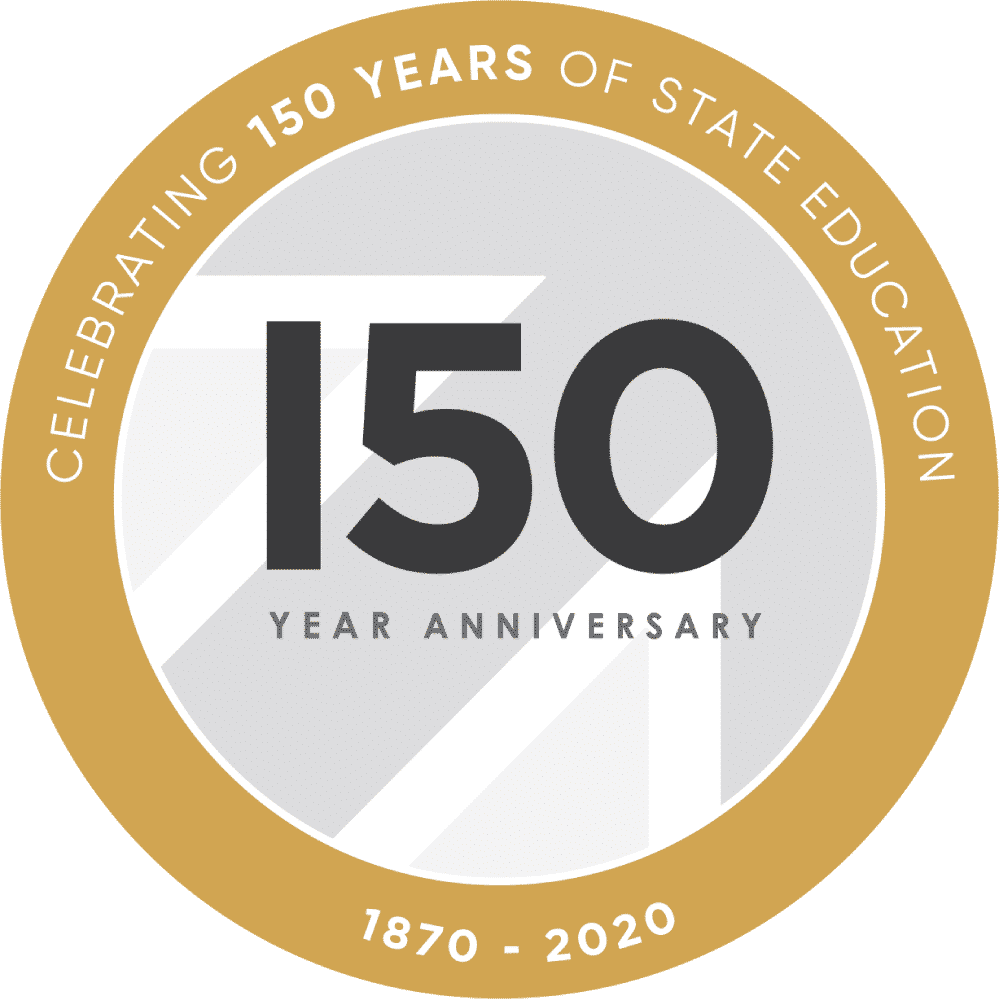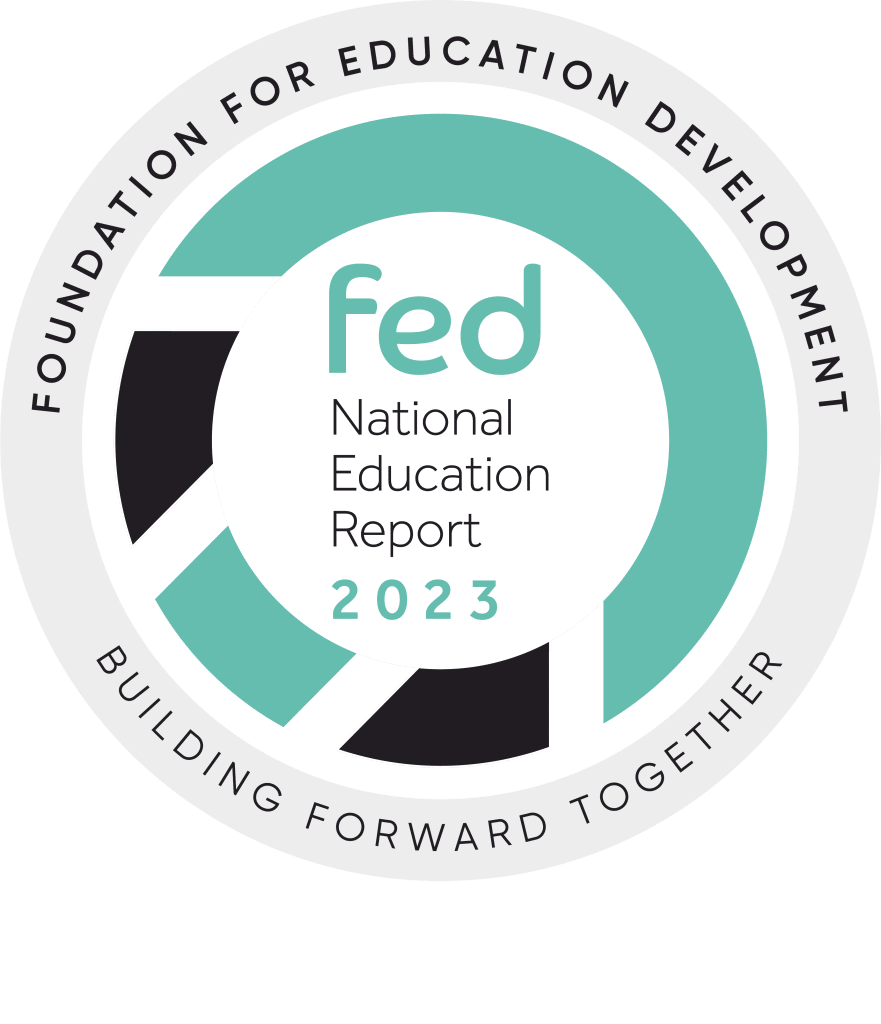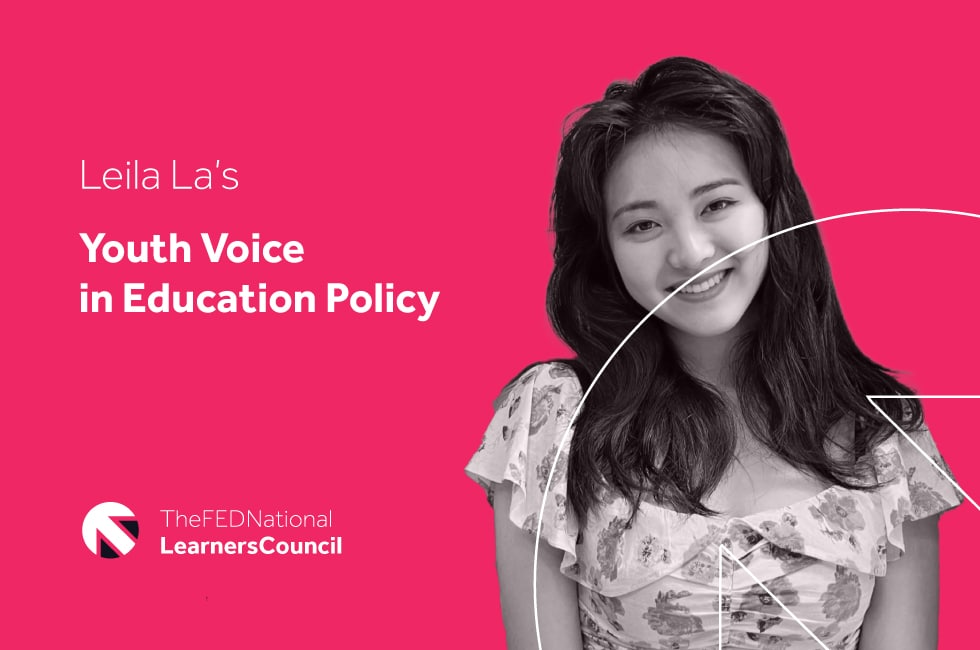We are delighted to be able to share Leila La’s, a member of the FED Learners Council, reflections on her attendance at a Pearson Digital Roundtable where they discussed ‘Youth Voice in Education Policy’.
Youth Voice in Education Policy
I really enjoyed the roundtable talk at Pearson’s Digital in School event. We have witnessed the revolution that AI has brought to education in the past few years, as highlighted in Pearson’s report, 67% of secondary school students have used ChatGPT to assist with their assignments. I have always believed that it’s crucial for stakeholders to gather together and understand the latest developments in digital educational tools, how school policies are adapting to the new changes and to explore the best ways for teachers and students to engage with these technologies. I am very pleased that Pearson’s event comprehensively covered all these topics.
As a migrant student, I have largely benefitted from the rise of AI because they have been helping me to articulate my language like a native speaker. I understand how promoting AI proficiency could result in enlarging the digital divide for some marginalised communities. However, as a migrant student who works very hard in my studies but have always been disadvantaged in exams because of the language barrier. AI proofreading tools have definitely helped close the gap I have with local students. For this reason, I was very happy when I learned that most stakeholders who attended the event has an optimistic attitude towards AI.
Nevertheless, a lingering concern for students like me is the fear of being labelled as cheaters. This issue was astutely addressed during the roundtable discussion. The current approach to AI in a lot of educational settings often mirrors the following underlying power dynamics: ‘When teachers leverage AI, it’s hailed as innovative; when students do the same, it’s quickly branded as cheating.’ Such an imbalance underscores the critical need for dynamic, up-to-date AI policies in education. It was very interesting that a live poll during the event revealed a notable gap: nearly half of the attendees admitted to lacking clear, definitive AI guidelines in their school, and a majority were sure about how to effectively formulate such policies. I was pleased to see that it was advised to involve students’ voice in the decision-making process.
Overall, the roundtable talk event at Pearson was very informative. I felt empowered to participate in such event and I am very grateful to be a part of learner’s council at the FED.
About the Author.
Leila La -Leila is a member of the FED Learners Council and a final-year undergraduate student from University College London, studying Psychology with Education. She is the campus director for Millennium Fellowship at the UCL branch. She also has multiple research experiences in digital education when she worked as research assistant for Tsinghua University Lifelong Learning Lab.



